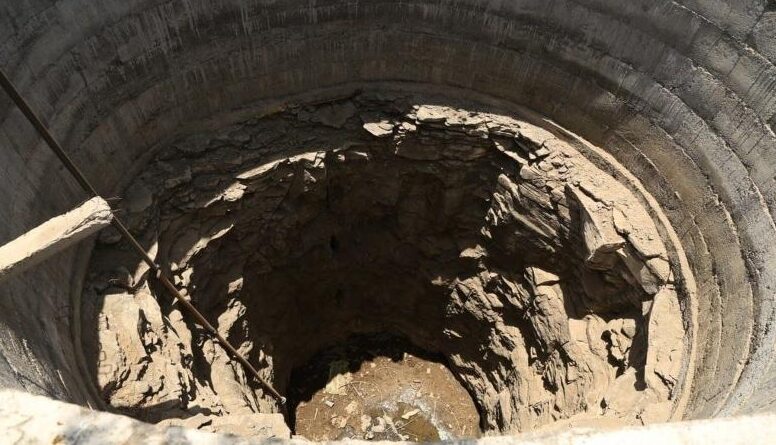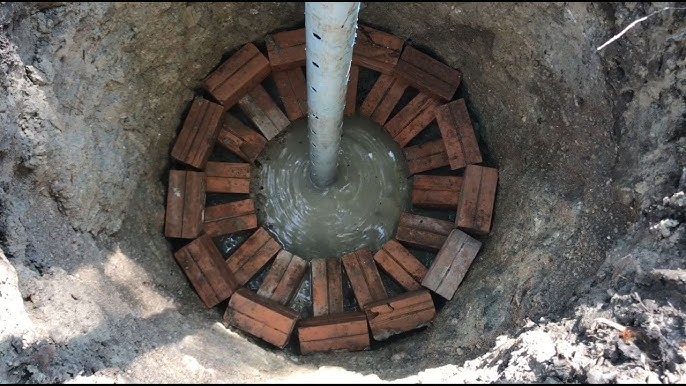
introduction:
India, with its vast and diverse population, faces a critical challenge in managing its water resources. Groundwater depletion has emerged as a significant issue, impacting various aspects of daily life, including household water storage needs. This article explores the implications of groundwater depletion on household water storage and offers insights into the broader consequences for communities across the country.
Understanding Groundwater Depletion:
Groundwater depletion occurs when water is extracted from aquifers at a rate faster than it can be replenished. In India, this problem has been exacerbated by factors such as excessive water extraction for irrigation, industrial use, and population growth. The result is a troubling decline in groundwater levels, affecting both the availability and quality of this vital resource.
Impact on Household Water Storage:
1. Increased Dependence on Storage Systems: As groundwater levels drop, households are finding it increasingly challenging to access a reliable supply of water. This has led to a surge in the use of water storage systems. Families are investing in larger and more sophisticated storage tanks to ensure they have enough water during periods of scarcity. These systems, which include overhead tanks, underground cisterns, and even rainwater harvesting setups, are becoming essential for managing day-to-day water needs.
2. Higher Costs and Maintenance: The shift towards more extensive water storage systems has financial implications. The initial investment for installing large tanks or advanced water management systems can be substantial. Additionally, regular maintenance and cleaning are required to ensure the stored water remains safe and usable. This financial burden is particularly heavy for low-income households, exacerbating socio-economic disparities.
3. Water Quality Concerns: Groundwater depletion often leads to the increased presence of contaminants in the water supply. As water tables fall, pollutants and sediments from surface levels can infiltrate aquifers, compromising water quality. For households relying on stored groundwater, this means a heightened risk of waterborne diseases if proper filtration and treatment measures are not in place.
4. Inconsistent Water Supply: With dwindling groundwater levels, the reliability of water supply becomes increasingly unpredictable. Households must adapt by planning for shortages and ensuring they have adequate reserves. This unpredictability can disrupt daily routines and increase stress, especially during periods of acute water scarcity.
5. Impact on Urban vs. Rural Areas: The effects of groundwater depletion are not uniform across India. Urban areas, with better infrastructure and access to alternative water sources, might manage the challenges somewhat more effectively than rural regions. In rural areas, where access to alternative water sources is limited, households may be forced to rely more heavily on storage solutions and face more severe consequences from groundwater depletion.

Addressing the Challenge:
To mitigate the impact of groundwater depletion on household water storage needs, a multi-faceted approach is essential. Here are some strategies that can be adopted:
Promoting Sustainable Water Use: Educating communities about water conservation techniques and promoting sustainable water use practices can help reduce the strain on groundwater resources. Measures such as fixing leaks, using water-efficient appliances, and adopting water-saving habits are crucial.
Investing in Alternative Water Sources: Encouraging the use of alternative water sources, such as rainwater harvesting and wastewater recycling, can reduce the dependence on groundwater. Government incentives and support for such initiatives can help make these options more accessible to households.
Improving Water Management Infrastructure: Upgrading water infrastructure, including the development of efficient storage and distribution systems, can enhance water availability and reduce losses. Investments in technology and infrastructure improvements are vital for ensuring a stable and reliable water supply.
Conclusion:
Groundwater depletion in India presents a significant challenge to household water storage needs. As groundwater levels continue to decline, the reliance on storage systems grows, bringing both financial and logistical challenges. By adopting sustainable water management practices, investing in alternative water sources, and strengthening regulatory frameworks, India can work towards mitigating the impacts of groundwater depletion and ensuring a more reliable and equitable water supply for all its citizens.


